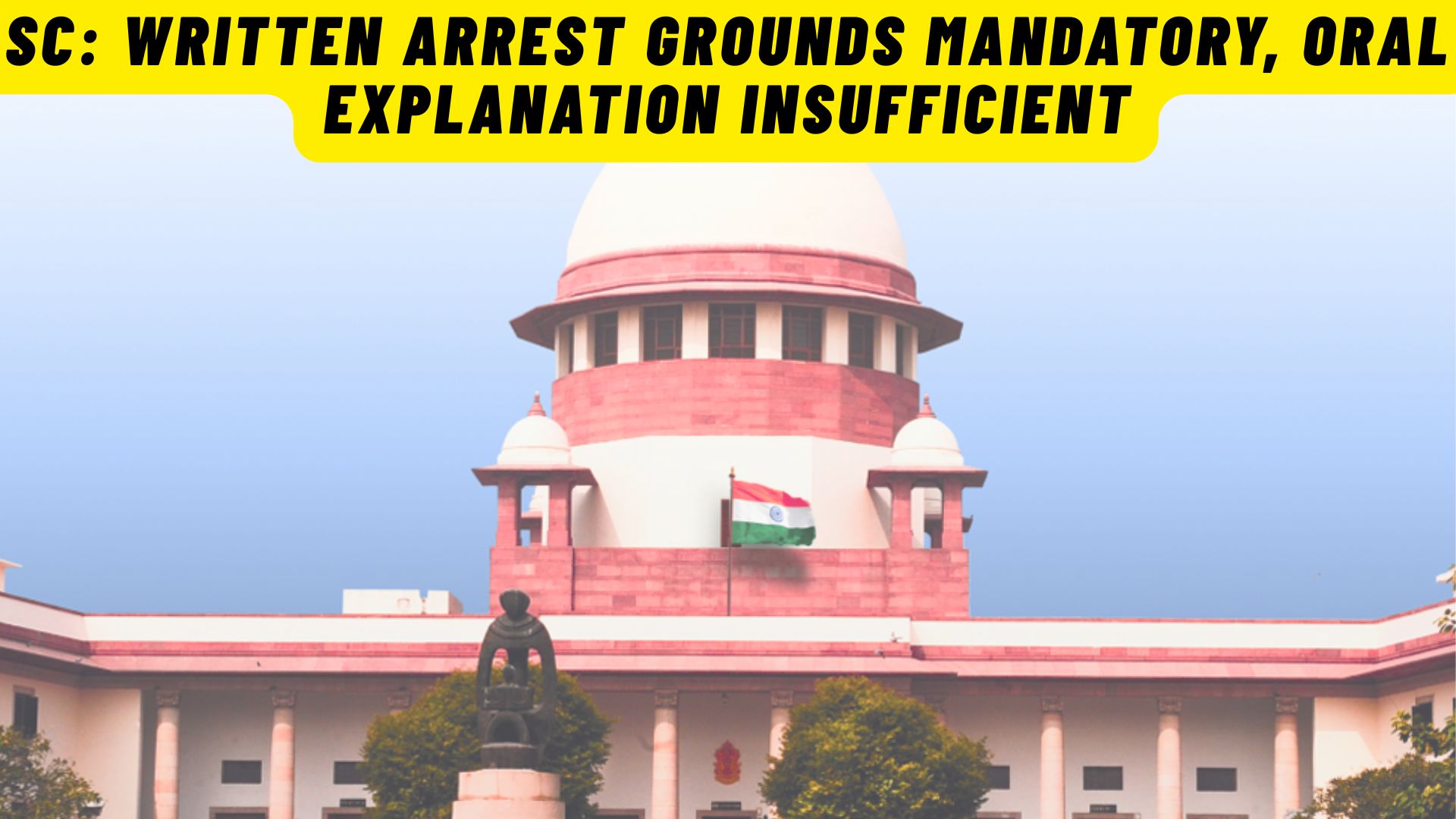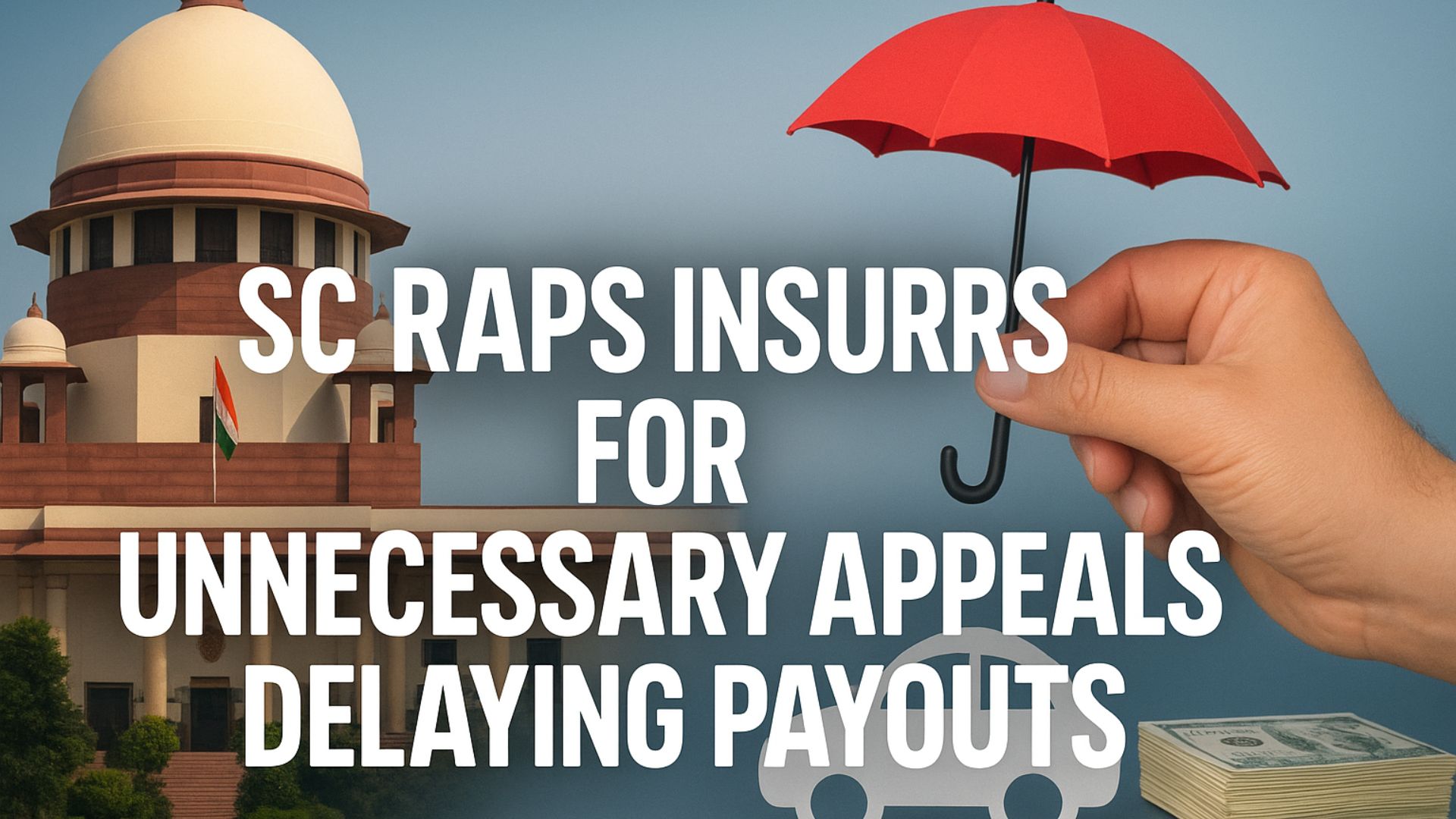S.K. Mishra, J
1. By filing the present Special Appeal, the appellant, a former student of Wynbrg Allen School, Mussoorie, District Dehradun, has assailed the order
passed by the learned Single Judge in WPMS No. 853 of 2017, thereby dismissing his writ petition filed with the prayer to issue a writ, order or
direction in the nature of certiorari quashing the impugned orders dated 18.02.2017 and 29.11.2016 issued by respondent No. 3 as well as the stigmatic
observation made in the said order.
2. The writ petition was filed mainly on the ground that the petitioner was de-rolled from the School by the Management without giving a reasonable
opportunity of hearing to him and without giving reasons to the order. However, the learned Single Judge held that since the respondent No. 2 is a
minority public school and the respondent No. 3 is the Principal of Wynberg Allen School, Mussoorie, the writ petition is not maintainable.
3. The learned counsel for the appellant very eloquently submits that the Hon’ble Supreme Court in several cases has given horizontal application
to the fundamental right to life under Article 21, and has issued writs against private institutions also. He also cites reported case of Ms. Sobha
George Adolfus vs. State of Kerala, 2016 SCC OnLine Ker 18552, wherein a similar question arose, and the Single Judge of the Hon’ble High
Court of Kerala held that the fundamental right can be enforced even against a private minority institution in the light of the discussion as above.
4. In Ramesh Ahluwalia vs. State of Punjab and others, (2012) 12 SCC 331, the Hon’ble Supreme 2 Court has, after interpreting Articles 226
and 12 of the Constitution of India, held that a functional approach should be taken, and then the Hon’ble Supreme Court held thati n view of the
law laid down in the aforementioned judgments of this Court, the judgment of the learned Single Judge as also the Division Bench of the
High Court cannot be sustained on the proposition that the writ petition would not be maintainable merely because the respondent institution
is a purely unaided private educational institution. The appellant had specifically taken the plea that the respondents perform public
functions i.e. providing education to children in their institutions throughout India.
5. In that view of the matter, Mr. Sandeep Tiwari, the learned Amicus Curiae also supports the contention raised by the learned counsel for the
appellant, and states that under Article 21A of the Constitution of India, right to education is a fundamental right. Even though the School is not funded
by any of the State Government, or Union of India, then also a writ against it is maintainable as the School is discharging the public functions.
6. Right to education springs from the right to life under Article 21 of the Constitution of India. Thus, a 3 child, who has taken admission in School,
cannot be de-rolled without affording a reasonable opportunity to his / her parents to explain the reasons for passing an adverse order against the child.
Moreover, when an order is passed without any reasons, then it is a dead order, and cannot be sustained.
7. The learned counsel for the appellant submits that after the derollment from the aforesaid School, the child has taken admission in another School at
Gurgaon, and is pursuing his education in that School; the adverse remark that has been made by the School is continuing as a stigma on his career,
which will cause immense hardship in development of his career; therefore, he contends that the writ petition should be allowed.
8. We find sufficient force in the submission of the learned counsel for the appellant. Hence, the order of the learned Single Judge dated 21.06.2017 is,
hereby, set aside. The writ petition is allowed on contest. The orders dated 18.02.2017 and 29.11.2016 issued by respondent No. 3 are quashed, and
the adverse remark passed by the Principal of the Wynberg Allen School, Mussoorie, District Dehradun, is, hereby, expunged. It is further directed
that the fact of derollment of the appellant from the School shall not be considered as a stigma by any of the authorities or private schools.
5. The Special Appeal stands allowed accordingly.
6. There shall be no order as to costs.
7. Pending application, if any, also stands disposed of.
8. Urgent copy of this order be supplied to the learned counsel for the parties, as per Rules.

